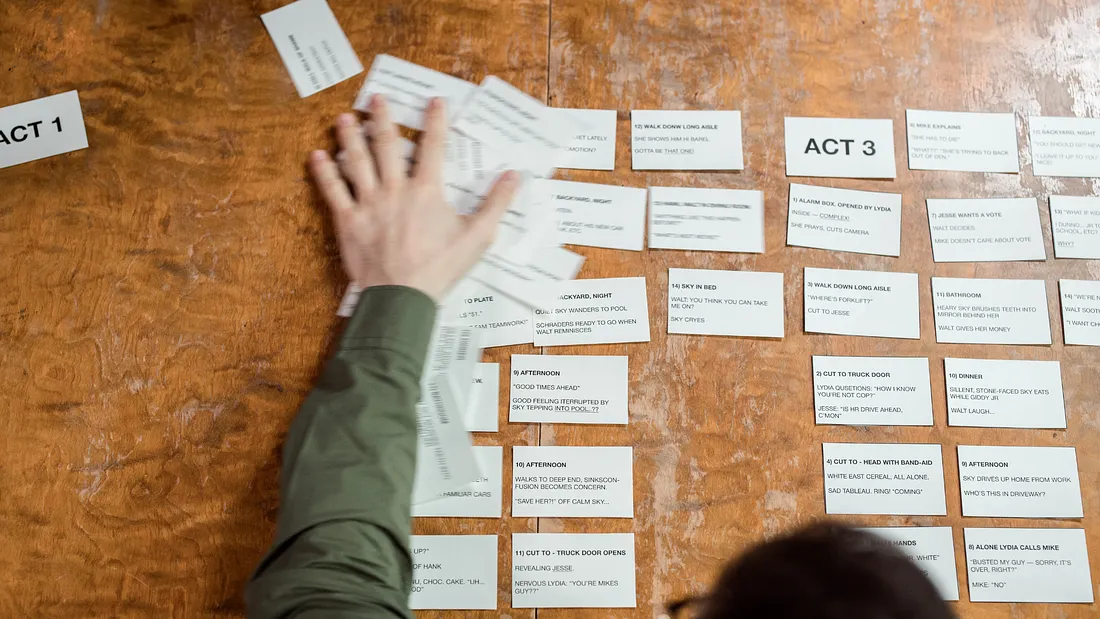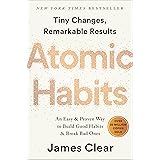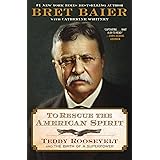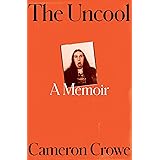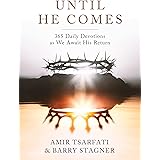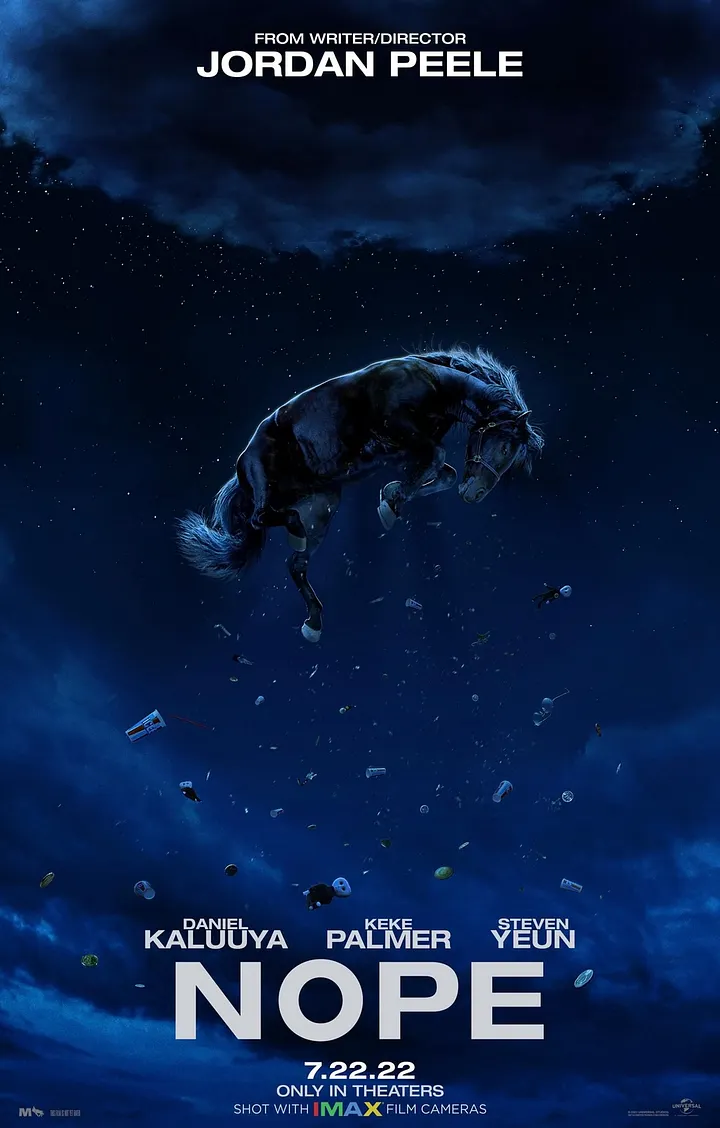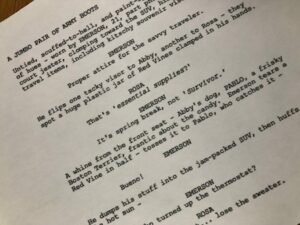Unlock the Secret Tricks Every First-Time Screenwriter Wishes They Knew Before Writing Their Debut Script
Ever wondered why your screenplay drafts feel like a tangled mess rather than a streamlined cinematic journey? Believe me, I’ve been there—staring at stacks of pages, wondering where my story derailed. Writing feature films isn’t merely about weaving poetic lines or crafting memorable characters; it’s a technical, sometimes grueling expedition that demands precision, patience, and a bit of grit. After slogging through my first ninety-page screenplay in just eight weeks—section by section, rewrite after rewrite—I stumbled upon three crucial lessons that saved me from future chaos. If you’re drafting your own screenplay and want to dodge the pitfalls I face, stick around—these insights might just change your writing game. LEARN MORE

And how you can avoid the same mistakes I made
After writing three feature films, it’s amazing to look back and see the glaring mistakes that could have been avoided in the first drafts. Here are three things I’ve learned after gaining a master’s in film to help you avoid the traps I fell into the first time.
It was a year and a half ago when I completed my first feature length screenplay for my graduate film program. By this time, I’d studied some of Hollywood’s best scripts, read books on screenwriting, and had a few small productions under my belt. I was used to writing screenplays twenty pages or less, but this school term would be different. When professor Elvgren’s class began, I was told to prepare myself to write a complete, ninety page feature in just eight weeks.
The process was grueling as I wrote the film in ten page sections every few class sessions. Each section went through multiple drafts, and the direction of the film changed several times. In the end, it was a mess. My professor and I had conflicting views as to what type of story my screenplay would be. He suggested I take the story in a more “Walter Mitty” style direction.
While I would never suggest writing a script in ten different sections (and editing them all separately), I learned a lot from this experience. Specifically, there were three things I learned that I’d like you to know as a fellow screenwriter.
1. It’s more technical than you realize
While it’s true that it’s possible to write a beautifully poetic screenplay, it’s not like a book. A screenplay is a technical document. It’s an invitation for others to collaborate on what will become a fully produced film. As a result, writing one can be quite a dry process. This can be a tricky challenge for the artist side of the writer. You have to mesh a fluid character arc, emotional connection, and proper formatting together seamlessly. A simple tip is that you must keep your description lines at three sentences or under. In the professional world, no one likes an overly bulky description.
You must also write as if you are keeping the director, cinematographer, and lighting crew in…
